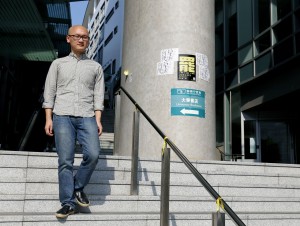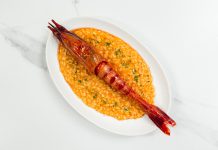Does free information flow change political opinions of Mainlanders in Hong Kong?
by Yan Li & Brian Wong
Hui Kei, a 29-year-old freelance writer from Zhejiang was once a Chinese patriot and firm believer in the Communist Party. He was an active member of the Young Pioneers and the Communist Youth League who would naturally stand to attention whenever the national anthem was played. Hui believed China would become powerful as long as it improved its military and economy.
In school, Hui learned that the June Fourth Incident in 1989 was a “political turmoil”. But he and his classmates did not pay much attention to it as they knew it would not come up in examinations. Rather, students were asked to express their opinions on Taiwan sovereignty and Falun Gong in exams. They knew they were expected to give “standardised” answers in line with the party position in order to score.
All this seemed perfectly normal and Hui never criticised the education and information he received in the Mainland until he arrived in Hong Kong in 2003 to join his mother who had married and settled here. In Hong Kong, he watched a documentary about the 1989 pro-democracy movement in China and the subsequent government crackdown. He realised what a huge difference there was between the account he saw and the version he had learned, and how serious media censorship was in China. “[After watching the documentary], I instantly doubted my previous education,” says Hui.

That was the beginning. Hui started to read books by liberal writers like Taiwan’s Li Ao and Hong Kong critic Leung Man-tao, which are hard to come by in the Mainland. He was inspired by the ideas of democracy and liberty and he was touched by the strong spirit shown by Hong Kong people in fighting for a better future for their city.
For Hui, Hong Kong has shown him “another way of Chinese existence”, such that he now finds China’s unification mantra increasingly annoying. “Looking back, I realise that Zhejiang people also have their own characteristics. We should not say we are Chinese. We should proudly say that we are Zhejiang people” says Hui. “‘Chinese’ is not enough to describe me.”
In Hui’s articles, he comments on the political situation in mainland China and Hong Kong. He also writes about the conflicts between the Mainland and the territory, and these articles are published on Mingpao Century and his personal Weibo account. However, his Weibo account is censored and only the people he has added and are following his account can view his articles. What is more, they can only view but not share his articles.







































